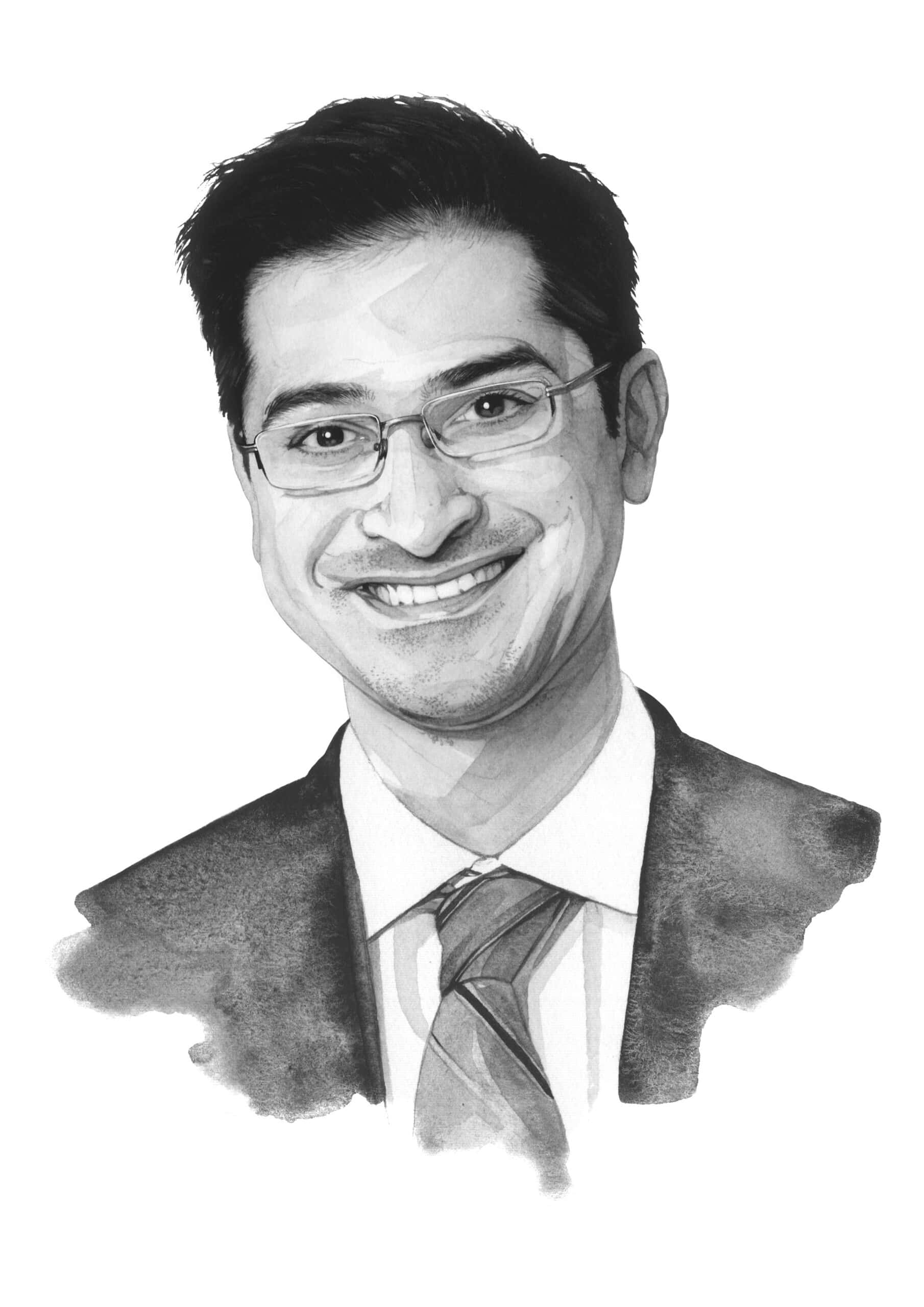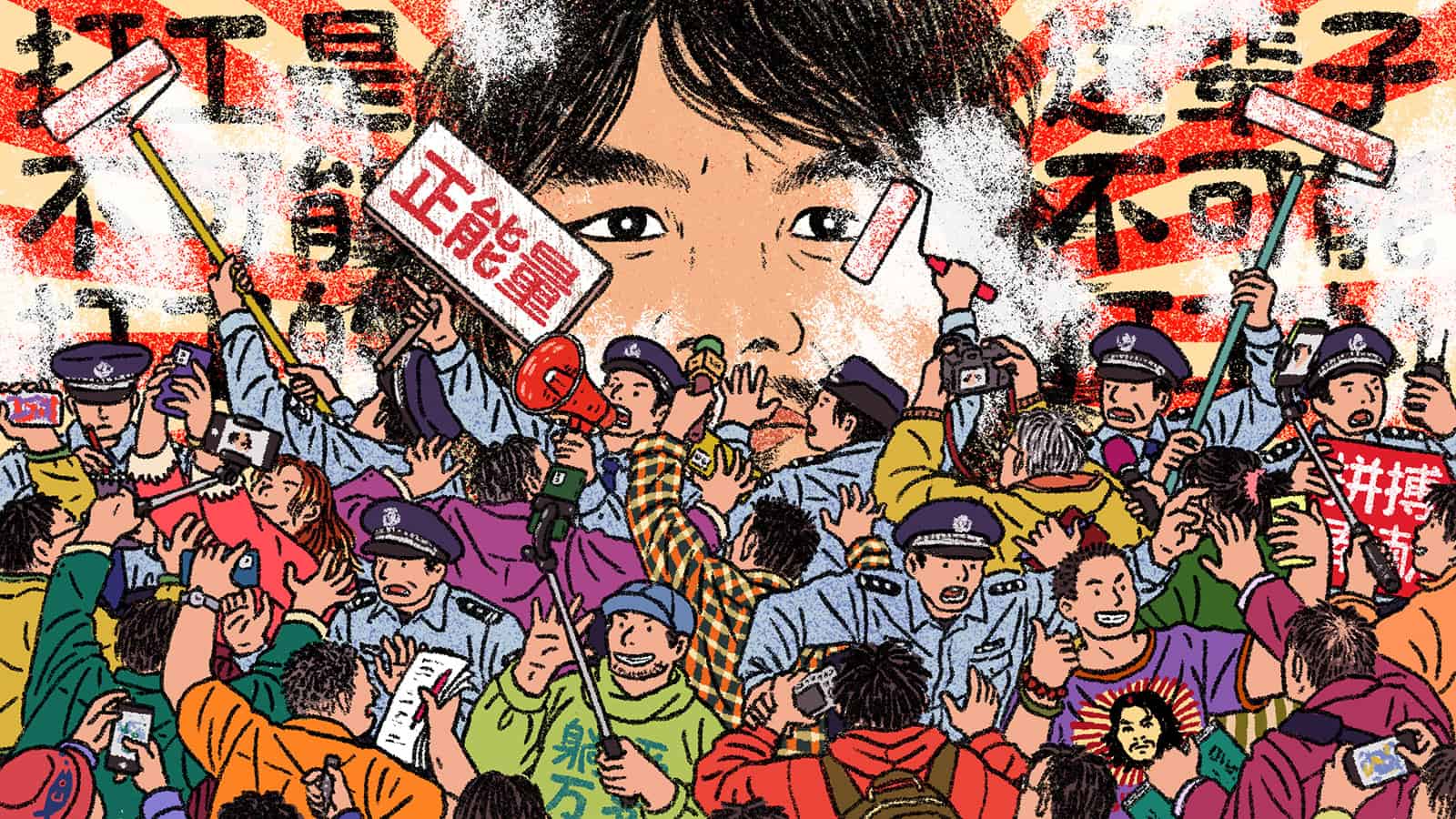Born in Sichuan, Yuan Yang moved to the UK at the age of four. She started her career as a journalist at The Economist and spent eight years at the Financial Times, where she became the deputy bureau chief in Beijing. She was recently elected as the Labour MP for Earley and Woodley, in the south of England. Just before entering parliament, her new book, Private Revolutions: Four Women Face China’s New Social Order came out, which draws on stories she collected during her time reporting in Chin



